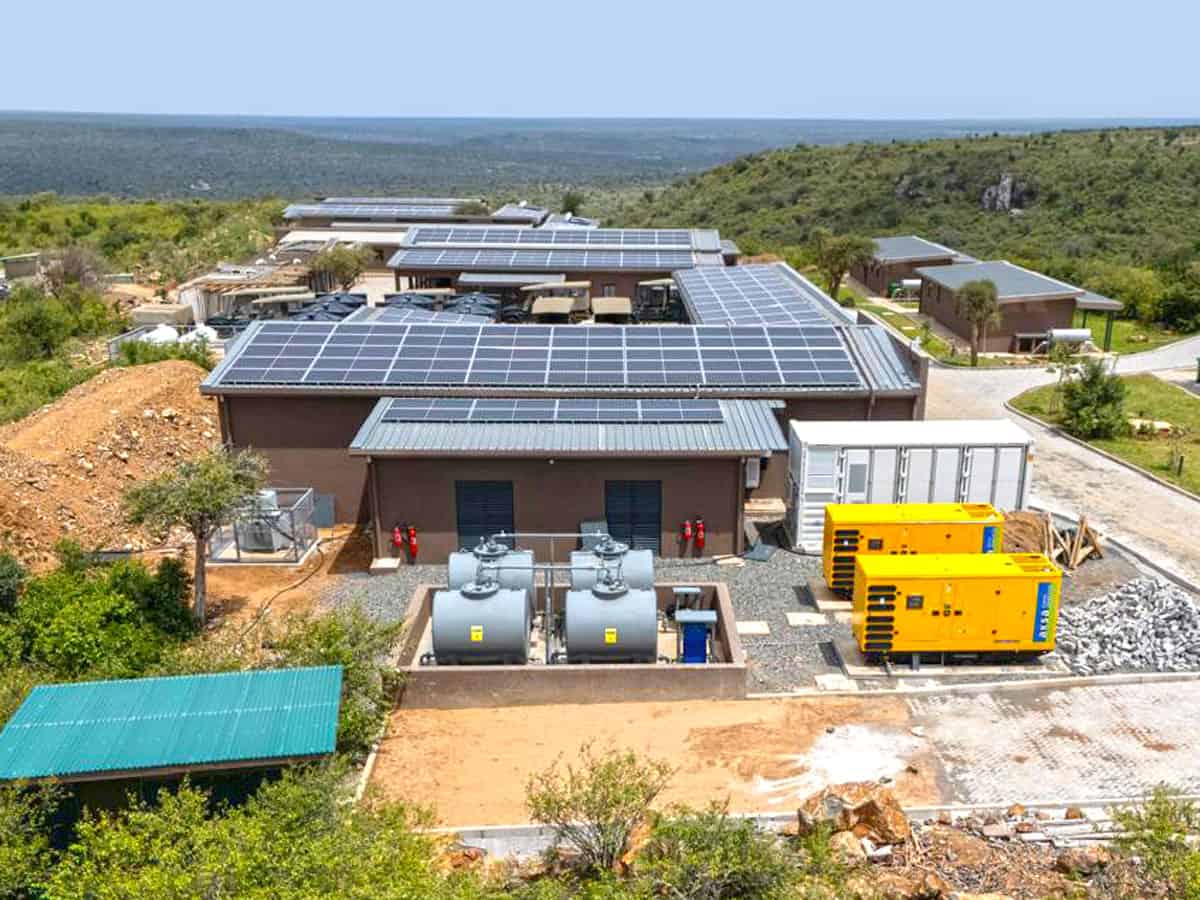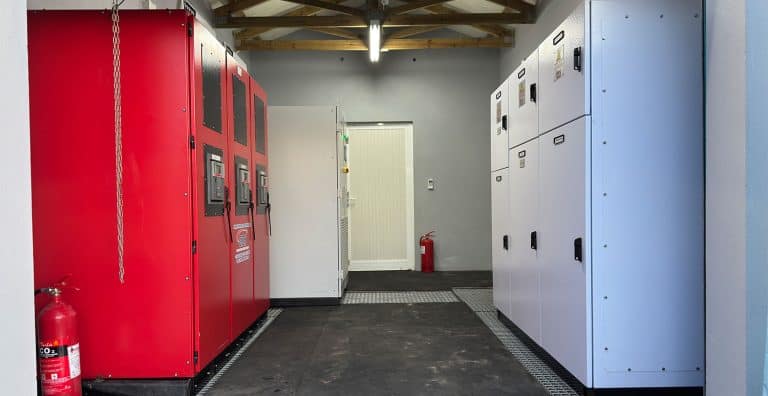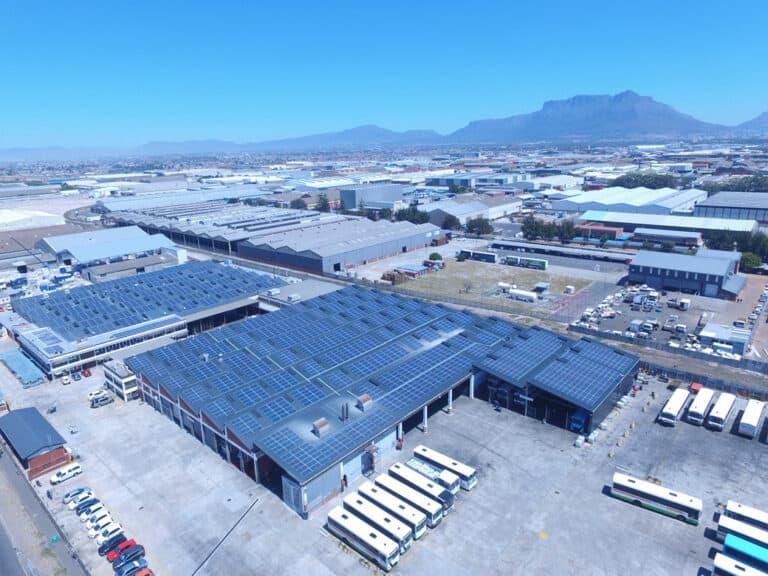As renewable energy demand increases, solar energy batteries are helping bridge the gap between generation and reliability.
Across Africa, energy systems are evolving. As solar power becomes more accessible and widely adopted, there’s growing recognition that generation alone isn’t enough. The real value lies in reliability and that’s where the solar energy battery solution is proving indispensable.
Solar energy batteries store excess energy produced during the day, making it available when the sun isn’t shining. This ability to decouple generation from consumption is key to strengthening energy security, reducing grid dependence and enabling businesses and communities to manage power more effectively.
Bridging gaps in an uneven grid
Many regions in Africa still face inconsistent grid supply, regular outages, or total grid absence. In these settings, solar energy systems offer a lifeline – but without adequate storage, power availability remains limited to daylight hours. A solar energy battery addresses this issue by storing surplus power and releasing it as needed, ensuring continuous operation of equipment and systems.
View some of our solar systems with battery integration here.
For commercial and industrial users, this brings important advantages. It allows for uninterrupted operations during outages, reduces reliance on diesel generators, and enables load-shifting, using stored energy during peak tariff times (in markets where tariffs differ in time slots), rather than drawing from the grid.
While the cost of battery storage has traditionally been a barrier, prices have decreased significantly in recent years. At the same time, financing models are improving accessibility for mid-size businesses and off-grid enterprises alike. View our
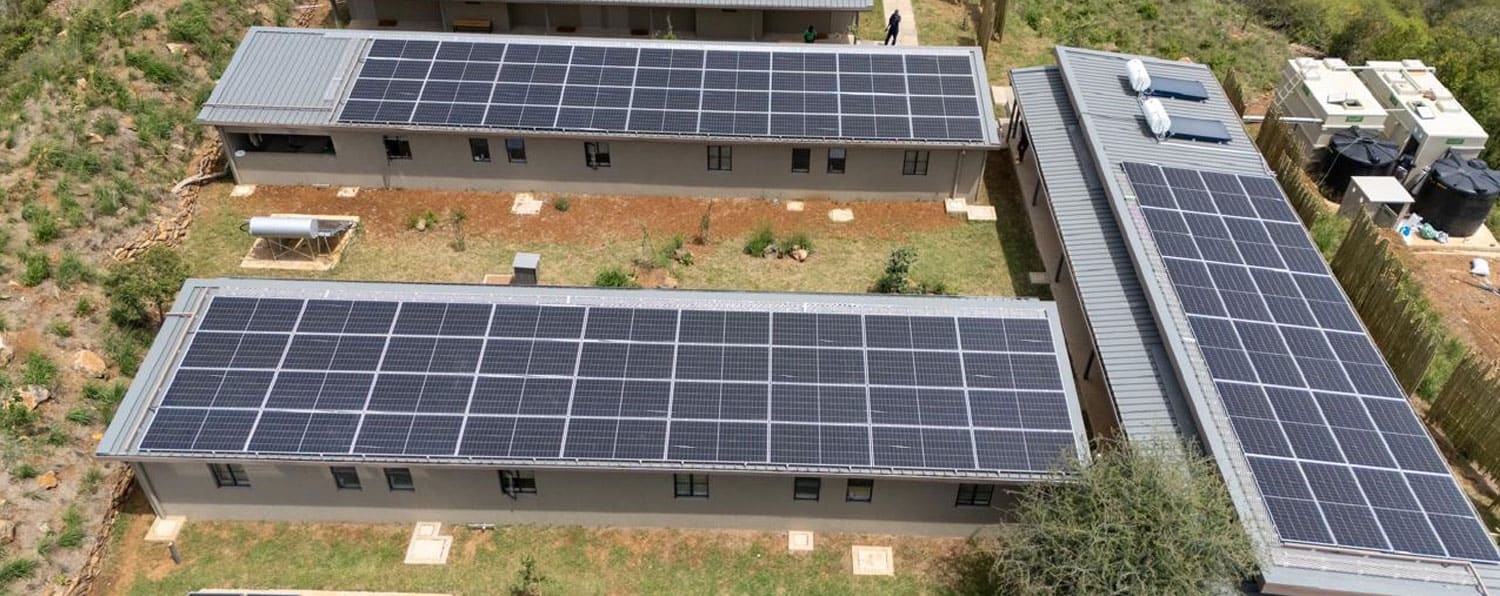
Smart energy management
The value of a solar energy battery extends beyond simple storage. When integrated with smart energy management systems, it allows users to optimise their consumption in real time. This means intelligently switching between solar, stored energy, and grid supply depending on load requirements and tariff structures.
For large energy users, this translates into direct cost savings and improved energy resilience. For smaller businesses and rural facilities, it brings a greater level of autonomy and the ability to plan around available energy rather than being at the mercy of the grid.
Furthermore, data insights generated by these systems can help users monitor performance, identify inefficiencies, and plan future upgrades or expansions.
Explore our EPC services here.
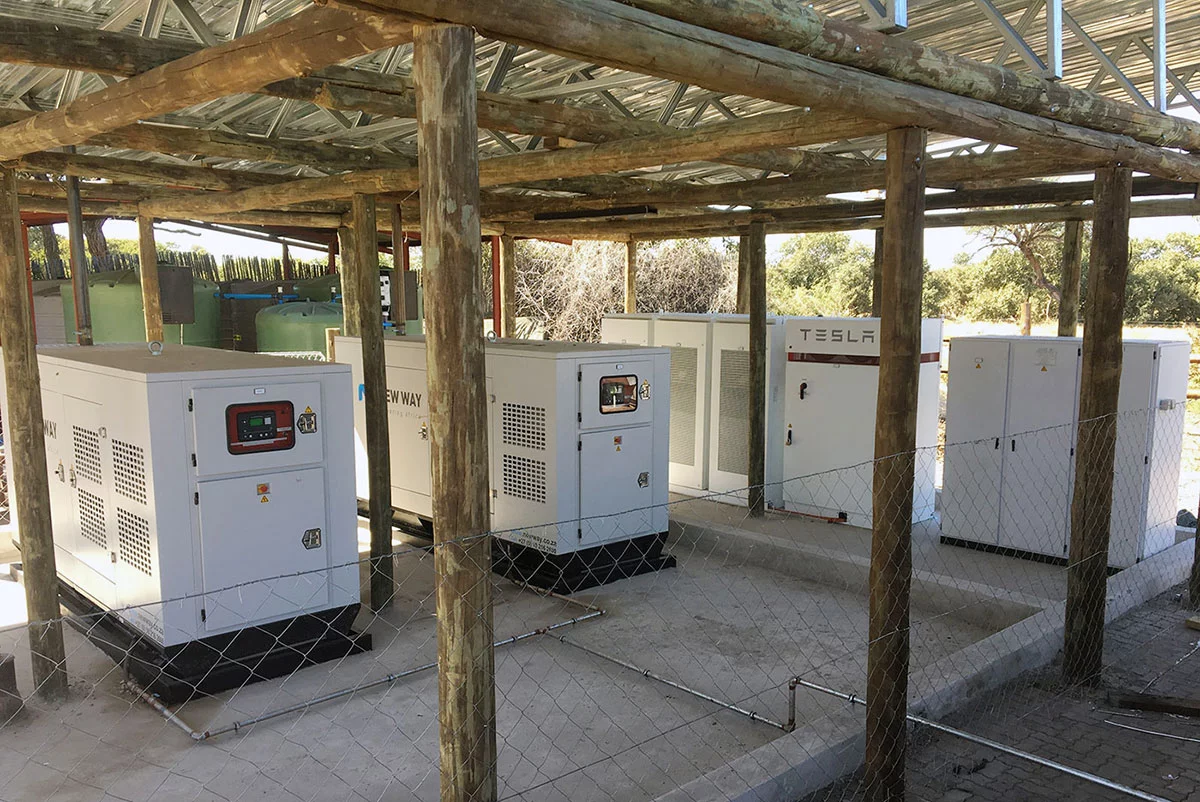
Choosing the right battery solution
There is no one-size-fits-all approach when it comes to solar energy batteries. Factors such as the size of the PV system, load profile, expected daily consumption and financial goals all influence the ideal system design.
Lithium-ion batteries remain the most common choice for commercial solar installations due to their energy density, reliability, and falling prices. However, other technologies like flow batteries are gaining interest in large-scale applications where longer-duration storage is needed.
In Africa, environmental conditions such as heat and humidity also play a role in selecting and housing the battery system. Working with an experienced solar provider ensures that system design considers not just the technical requirements, but also long-term maintenance and operating conditions.
Learn more about our battery storage solutions here.
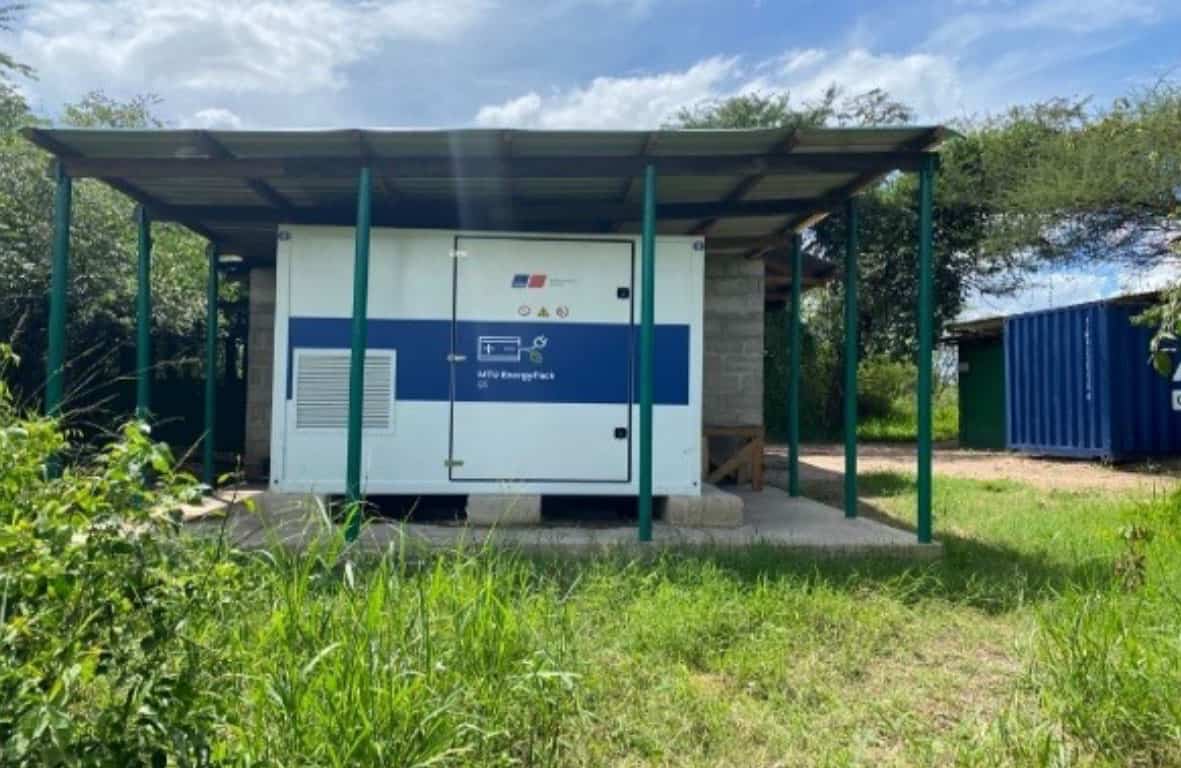
Unlocking value for business and beyond
As more African countries adopt policy frameworks that support decentralised energy, solar energy batteries are becoming an essential part of modern energy planning. In South Africa, commercial clients are increasingly pairing PV systems with batteries to mitigate load shedding and manage energy costs. In Kenya, battery-backed mini-grids are improving reliability in remote regions. Across West Africa, solar energy batteries are supporting mobile networks and data centres where uptime is critical.
Beyond direct business benefits, there is a broader opportunity at play. Solar energy batteries contribute to economic stability by reducing fuel dependency, improving productivity, and supporting local energy ecosystems. Their role is especially relevant in industrial parks, agricultural processing sites, healthcare centres, and schools — facilities that depend on reliable power to function effectively.
Conclusion
The solar energy battery is more than a backup solution. It’s a core part of how energy systems are being reimagined. For businesses and institutions across Africa, it offers a practical way to enhance energy security, reduce operational risk, and take control of rising electricity costs.
As battery technology continues to advance, and as integration becomes more seamless, its role in Africa’s energy mix will only expand. The key is to approach each installation with the right strategy – one that aligns with operational needs and long-term goals.
At New Southern Energy, we offer tailored solar energy battery solutions designed to meet the demands of our clients across various sectors. We manage the entire process, from design and installation to regulatory compliance and after-sales support. We’ll also give you the advice you need along the way.
Solar energy is a long-term investment. With the right storage in place, its potential is fully unlocked.


